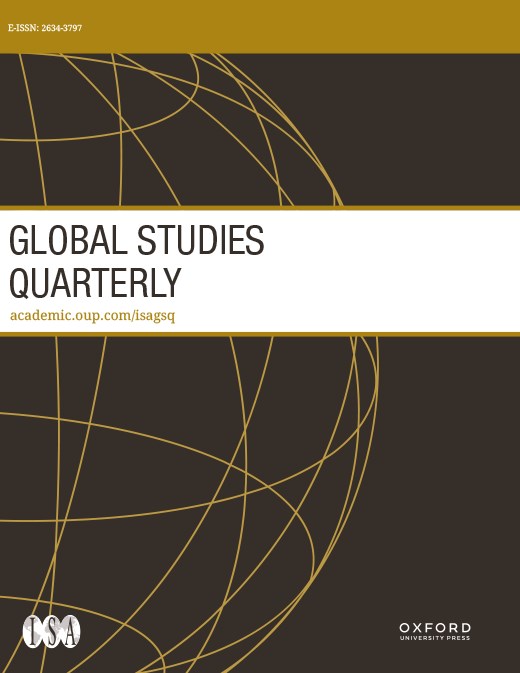Trusting under Extreme Uncertainty? Trust Relations and Institution-Building under ISIS Governance in Iraq
Abstract
How do trust relations evolve in situations of extreme uncertainty, such as during civil war, when both institutions and trust are precarious? Existing research in political science, conflict studies, and International Relations often assumes that trust either precedes institutions or emerges from them, leaving a critical gap in understanding how both develop simultaneously in conditions of systemic rupture, when system trust is suspended. This article addresses this gap by offering a theory-building approach to trust dynamics under extreme uncertainty. It uses the case of ISIS governance in Mosul (2014–2017) as an empirical lens, specifically focusing on the education sector. Drawing on field research, interviews, and primary documents, this study reveals that trust does not simply erode in civil war; rather, it transforms, with different forms of trust gaining or losing importance. While ISIS sought to establish political trust through institutional outputs, its efforts were undermined by civilians’ reliance on preexisting social trust relations and epistemic trust in past institutions and authorities. This study contributes to research on rebel governance by demonstrating that institutional trust is not easily manufactured in the absence of system trust. Furthermore, it shows that interpersonal and legacy-based trust relations can become powerful sources of resistance against new political orders. Finally, it extends IR debates by proposing a research agenda on trust in international systemic ruptures marked by a temporary loss of system trust.


